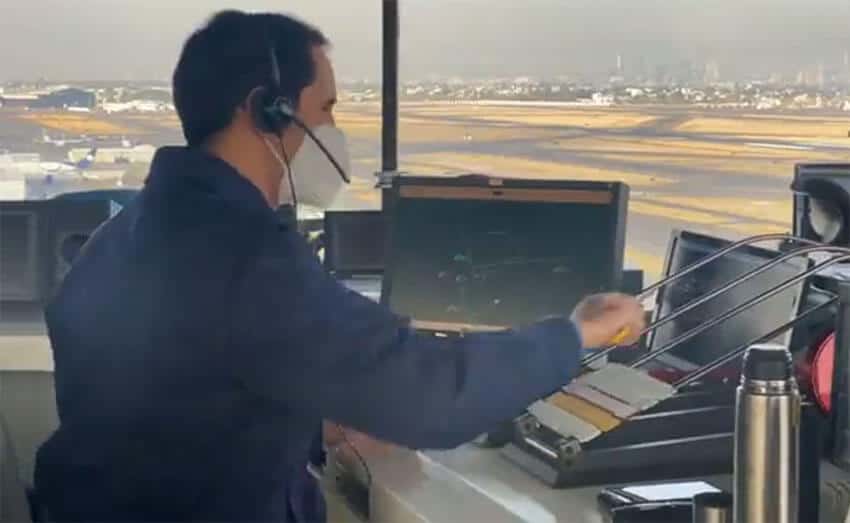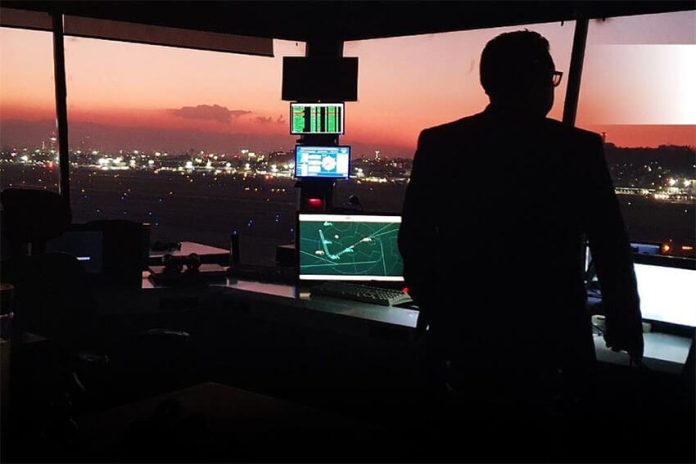Some air traffic controllers currently working at Mexican airports were approved for training in 2019 despite failing admission tests, a 2021 audit found.
An audit conducted by the internal control body of Navigation Services for Mexican Airspace (Seneam) looked at a sample of 106 files related to the same number of people who entered Seneam’s training center in 2019 and subsequently began working as air traffic controllers.
It found that 28 of the training center entrants didn’t pass admission tests or failed to meet other entry requirements. Fourteen of them are still working as controllers, reported the Reforma newspaper, which has seen the Seneam audit.
The revelation comes shortly after two dangerous incidents at the Mexico City International Airport that were caused by air traffic control errors.
Pilots of a Volaris plane narrowly averted a disaster earlier this month after they were cleared to land on a runway occupied by another aircraft. A similar incident occurred last week.
The publication of the audit’s findings also comes shortly after the International Federation of Air Line Pilots’ Associations said it appeared that air traffic controllers at the AICM have received “little training and support” as to how to direct flights operating in the new airspace configuration precipitated by the opening of the Felipe Ángeles International Airport north of the capital.
The Seneam audit found that people employed as air traffic controllers failed a range of tests including psychophysical and English language tests. Knowledge of English is essential for communication with foreign pilots and to understand aviation manuals.
Six applicants were said to have passed English tests when in fact they hadn’t, the audit found.

Eight other applicants completed training and were hired despite exceeding the maximum permitted age for new air traffic controllers, which was 30. Seneam’s internal control body said the training center didn’t provide any documentation showing that the entry of the over-age applicants was authorized by “hierarchical superiors.”
Other applicants were found to be unsuitable for employment following psycho-technical evaluation but were approved for training after their records were changed to show that they were in fact suitable to work as air traffic controllers.
Would-be air traffic controllers are required to complete a two-year course at Seneam’s training center before starting work at an airport.
Aviation authorities are currently working to have Mexico’s Category 1 aviation safety rating restored after the United States Federal Aviation Administration (FAA) downgraded the country to Category 2 almost a year ago.
“A Category 2 rating means that the country’s laws or regulations lack the necessary requirements to oversee the country’s air carriers in accordance with minimum international safety standards, or the civil aviation authority is lacking in one or more areas such as technical expertise, trained personnel, record keeping, inspection procedures, or resolution of safety concerns,” the FAA said.
Efforts to recover Mexico’s top-tier safety rating are not going well, according to experts who recently spoke with Reforma.
With reports from Reforma
